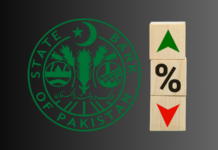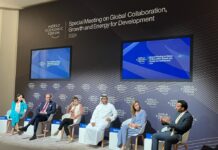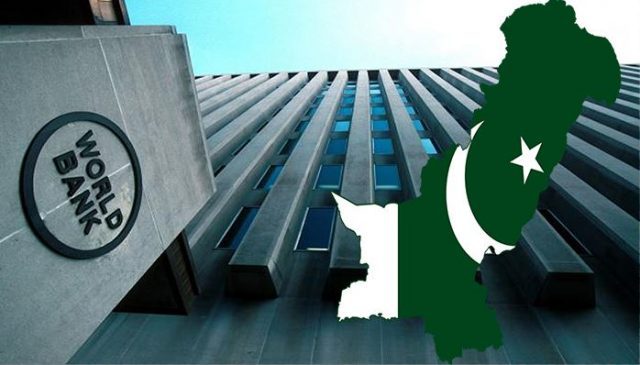ISLAMABAD: Economic Affairs Minister Makhdoom Khusro Bakhtyar informed the World Bank (WB) on Saturday that the Pakistan government would be able to complete three different development policy credits in due time, if they approve economic reforms proposed by the World Bank and Asian Development Bank (ADB) intended to simplify the execution of development projects.
The minister gave this briefing during a meeting with WB Country Director for Pakistan, Najy Benhassine, and shared Prime Minister Imran Khan’s direction to expedite the economic reforms in coordination with global donors.
Bakhtyar urged the World Bank official to expand the priority areas of cooperation with Pakistan in the field of energy, tourism, low-cost housing schemes, and the availability of a COVID-19 vaccine.
Khusro Bakhtyar also thanked and appreciated the World Bank for extending a $200 million package to help Pakistan take effective and timely action to respond to the COVID-19 pandemic. He also appreciated the World Bank support for locust emergency control project worth $200 million to mitigate the adverse impact of parasite attack on the food basket of the country.
The World Bank country director thanked the minister for WB portfolio review exercise, and appreciated the government’s resolve to expedite the implementation of bank-funded projects. He assured that the World Bank would consider the recommendations to strengthen its portfolio in Pakistan.
The three DPC series projects are: Securing Human Investments to Foster Transformation (SHIFT); Resilient Institutions for Sustainable Economy (RISE); and Programme for Affordable and Clean Energy (PACE).
The World Bank Group has approved $250 million for the SHIFT project, prepared as part of a package aimed at supporting medium-term structural reforms over the next three years focusing on fiscal management, growth and competitiveness, and human capital outcomes for productivity gains.
The project will strengthen CRVS, health and education systems essential for human capital accumulation; improve the contribution of women and girls to economic productivity; and improve federal safety nets to respond to shocks in a more efficient manner. Currently, Pakistan is not investing enough in its people to accelerate better human capital outcomes. Pakistan scores low in the World Bank Human Capital Index.
In June, the World Bank board of executive directors approved $500 million in financing for the Resilient Institutions for Sustainable Economy programme (RISE) to help Pakistan strengthen fiscal management, promote transparency and private sector growth, and undertake foundational reforms in the energy sector to transition to low-carbon energy. These reforms are critical to build fiscal resilience and stimulate recovery from impacts of the COVID-19 pandemic.
The programme supports reforms to broaden the tax base and reduce distortions in tax policy, strengthen debt management and transparency, and implement urgently needed reforms to achieve financial viability of the power sector.
In tandem, reforms to lower barriers to the formalization of firms, increase the use of digital payments, and better regulate real estate developments will help create an enabling environment to attract private investment.
The third DPC series project is the Programme for Affordable and Clean Energy (PACE), which will tackle power sector reforms. PACE, which will include critical power sector reforms needed to put the country on sustainable fiscal path, will precede the second programmes, RISE and SHIFT.
























